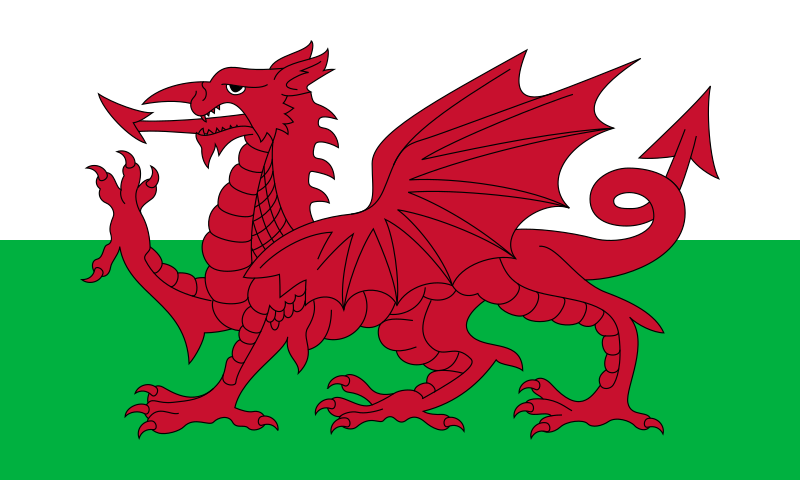The memoir I wrote with #UCSF #neurologist, Dr. Bruce Miller, Finding the Right Words: A Story of Literature, Grief, and the Brain is now available through the HFC website. Please check out the bookshop and see the other books on #caregiving and #brain health. Thank you to #LaurenMillerRogen and #SethRogen for your advocacy and profound generosity.
Recent searches
Search options
#ucsf
https://www.europesays.com/uk/2551/ Female Hormones Trigger Pain Relief via Immune Cells #BrainResearch #estrogen #Health #ImmuneCells #neurobiology #Neurology #Neuroscience #pain #PainRelief #TCells #UCSF #UK #UnitedKingdom
It was an honor to be a panelist on #Dementia Stories for Impact: Dementia Life Course and Storytelling, sponsored by the #AlzheimersAssociation and #UCSF. My fellow authors and colleagues talked about the importance of #narrative, #empathy, #brain health, and Dr. Bruce Miller and I talked about our work together on my #memoir, Finding the Right Words: A Story of Literature, Grief, and the Brain. I hope you find this discussion helpful.
It was an honor to be a panelist on #Dementia Stories for Impact: Dementia Life Course and Storytelling, sponsored by the #AlzheimersAssociation and #UCSF. My fellow authors and colleagues talked about the importance of #narrative, #empathy, #brain health, and Dr. Bruce Miller and I talked about our work together on my #memoir, Finding the Right Words: A Story of Literature, Grief, and the Brain. I hope you find this discussion helpful.
Now on the blog: how we expanded UCSF’s Health Atlas from California (which we first collaborated on in 2019) to the entire US in 2024, including data and design updates across the entire tool.
Read now at https://stamen.com/taking-ucsfs-health-atlas-national/
Announcing an upcoming panel on probably the most active controversy in #bioethics that people outside medicine (and many within) haven't heard of, #ta-NRP for #organdonation. (We're facing decisions about this at #UCSF and many other hospitals are also considering their policies.) This is a method for increasing the quantity and quality of organs available for transplantation, but which many critics believe violates the dead donor rule. In ta-NRP circulatory death of the donor is declared, after which perfusion is restored to thoracic and abdominal organs while brain perfusion is (we think) surgically prevented. Ta-NRP is performed in Spain, Italy, the Netherlands, France, and in some centers in the US; is contrary to guidelines in Canada, Australia, and NZ; and has been paused in Belgium and the UK pending further study.
At #Neuroethics2025 in Munich next month we'll host a panel, International Controversies over ta-NRP for Organ Procurement: Brain Perfusion and the Dead Donor Rule, including panelists to share key perspectives from three countries where ta-NRP has been performed, critiquing different conceptions of the role of the brain in circulatory death and how national professional and public norms affect views of this procedure:
- Karola Kreitmair (Univ. of Wisconsin, US) is a philosopher whose work addresses philosophical arguments regarding ta-NRP and the dead donor rule.
- Amelia Hessheimer (Hosp. Univ. La Paz, Spain) is a transplant surgeon and co-author of the European Society for Organ Transplantation's consensus statement on NRP.
- Alex Manara (N. Bristol NHS Trust, UK) is an intensivist and author of an influential early analysis on ta-NRP and the dead donor rule.
https://neuroethicssociety.org/posts/international-controversies-over-ta-nrp-for-organ-procurement-brain-perfusion-and-the-dead-donor-rule/ #neuroethics
From growing up on a cattle farm in rural Virginia to leading his own research lab at UCSF, Dr. Kyle Cromer shares his career path, including his exciting work using genome editing to introduce new functions into cells for different therapeutic purposes. We hear about how he overcame failed experiments and burnout, as well as some of his latest research successes. Learn more about Kyle's life and science in our latest podcast episode!
https://www.peoplebehindthescience.com/dr-kyle-kromer/
Thank you to Innovative Research for providing support for this episode!
February 21 was National Caregiver's Day. I was thinking about caregiving (in fact, speaking about it at #UCSF) but didn't post. Here is a photo of my mother and father, Tzip and Jerry, on their honeymoon. Both are gone. Many years of her life were dedicated to taking care of my father, who died of early-onset Alzheimer's. I love this photo.
February 21 was National Caregiver's Day. I was thinking about caregiving (in fact, speaking about it at #UCSF) but didn't post. Here is a photo of my mother and father, Tzip and Jerry, on their honeymoon. Both are gone. Many years of her life were dedicated to taking care of my father, who died of early-onset Alzheimer's. I love this photo.
On 2.21, please join me & #neurolgists Drs. Bruce Miller & LuisMartinez for a panel discussion on the value of sharing narratives re: #dementia's profound impact on those who know & love someone w/#Alzheimers, which is pretty much everyone. Bruce & I will talk about how we wrote Finding the Right Words: A Story of Literature, Grief, and the Brain, & Luis will discuss Pipo, Don't Forget Me. It is hosted by #UCSF & the Alzheimer's Association.
On 2.21, please join me & #neurolgists Drs. Bruce Miller & LuisMartinez for a panel discussion on the value of sharing narratives re: #dementia's profound impact on those who know & love someone w/#Alzheimers, which is pretty much everyone. Bruce & I will talk about how we wrote together Finding the Right Words: A Story of Literature, Grief, and the Brain, & Luis will discuss Pipo, Don't Forget Me. It's hosted by #UCSF & the Alzheimer's Association.
Please join me for this #UCSF event, Dementia Stories for Impact. We'll be exploring the value of sharing stories of #dementia. How narratives combat #stigma, educate readers & #caregivers about #brain health, offer #empathy, & help others w/#grief. Dr. Bruce Miller & I will discuss the memoir we wrote in honor of my father, Jerry, who died of early-onset #Alzheimers, & Dr. Luis Martinez will discuss his children's book about dementia.
#EndAlz
#Alzheimer'sAssociation
Please join me for this #UCSF event, Dementia Stories for Impact. We'll be exploring the value of sharing stories of #dementia. How narratives combat #stigma, educate readers & #caregivers about #brain health, offer #empathy, & help others w/#grief. Dr. Bruce Miller & I will discuss the memoir we wrote in honor of my father, Jerry, who died of early-onset #Alzheimers, & Dr. Luis Martinez will discuss his children's book about dementia.
#EndAlz
#Alzheimer'sAssociation




